The terms nation and state, sometimes erroneously used as synonyms in public debate, actually represent two different concepts. It is precisely from this distinction that we must start if we wish to define the genesis and cultural references that constitute the Italian philosophical tradition.
This is a long-studied topic that led to a debate on the so-called myth of national philosophical primacy, characterised by a series of works including Giambattista Vico's “De antiquissima Italorum sapiential”, Vincenzo Gioberti's “Del primato morale e civile degli Italiani” and Vincenzo Cuoco's “Platone in Italia”, with the publication in 1862 of Bertrando Spaventa's “Filosofia italiana nelle sue relazioni con la filosofia europea” as its final moment - a cultural season that would later be taken up by Giovanni Gentile in “La Tradizione italiana”.
As Giuliano Albarani explains in his book “Il mito del primato italiano nella storiografia risorgimentale” (The Myth of Italian Primacy in the historiography of the Risorgimento), the “myth of primacy” refers to the view “according to which Italian philosophy was the first philosophy worthy of the name, the progenitor of the entire Western thought, both in a qualitative sense, as an affirmation of the excellence of a model of thought unsurpassed by the subsequent course of political speculation”.
The myth of ancient cultural primacy originated with the Italic peoples, from the culture of the Etruscans to the cities of Magna Graecia, from the Pelasgians to pre-imperial Rome, and is part of this search for the national identity. In the past and present of a people, there is a continuity of customs, language, religion, culture (material and immaterial). Carlo Tullio Altan in his book “Ethnos and civilisation. Ethnic identities and democratic values” argues that there are five essential factors that define ethnos “understood as the symbolic complex experienced by the various peoples as the original constitutive core of their identity and being preparatory to the aggregation of the nation”: epos, ethos, logos, genos, topos.
National identity is therefore formed from history, which defines the character of a people sharing a common past, and history represents, as Croce emphasised, the autobiographical narrative of a nation. Awareness of the shared past is an element to be added to language and common religious roots in the formation of the character of a people since the nation is “one of arms of tongues, of altar, of memory, of blood, of heart ...”, as writes Manzoni.
Another constitutive element of our being Italian is undoubtedly food and cooking as stated by John Dickie, author of “Con gusto. A history of Italians at the table”: “When Italians eat their typical foods, there is always an extra ingredient in the dish that a foreigner cannot perceive: it may sound rhetorical, but this ingredient is the pride of the bell tower”. Italian food is 'charismatic' and animated by “an almost poetic relationship with the territory and identity: Italians eat so well because cooking reinforces in them the feeling of origins and identity.”
When referring to Italian identity, one cannot fail to reflect on the concept of “patria” (fatherland). Until a few years ago, defining oneself as a “patriot” meant being looked upon with suspicion because, with the end of Fascism and the defeat in World War II, there was a crisis in the idea of the “patria”, which Galli Della Loggia described in his book “La morte della patria”. Today we are faced with rediscovery of that concept, but there is no lack of attempts to erase its value - for example, by those who have tried to replace the term with “matria” (motherland).
A crucial event for the definition of a national consciousness was the Great War and, despite the tragedy of the war conflict, it was then that the thought of figures such as Renato Serra, Scipio Slataper and Cesare Balbo emerged.
The First World War contributed to truly “making” Italians united to fight at the front and completing the process of national unification. Once again from a defeat, that of Caporetto, when all seemed lost, the Italian people rose up. It was the moment in which the young infantryman Luigi Saccaro uttered the phrase destined to go down in history: “Up to here the enemy has arrived, but from here you cannot pass.”
The first post-war period saw the beginning of political polarisation which would no longer affect the elites only but also the masses. It was the period of the “biennio rosso”, of clashes and social fracture - the historical context in which the birth of fascism germinated. Rallies, strikes, demonstrations, marches became to all intents and purposes part of the Italian socio-political landscape. The relationship between the masses and charismatic leaders developed at that time would also characterise republican politics.
Leaving aside the Fascist period, the years following the end of the twenty-year period and the advent of the Republic deliver us an Italy split in two: on the one side the DC, on the other the PCI. Reds against blacks, then Communists against Christian Democrats - this is the Italy of Don Camillo and Peppone described by Giovannino Guareschi.
This climate would soon change with the advent of the “anni di piombo”, terrorism, black and red extremism reopening the wounds of the civil war.
Today, national identity is challenged through new forms, both political and socio-cultural. Politically, by the role assumed by supranational entities that, in addition to determining a limitation of national sovereignty, are based on a homologising and standardising vision imposed from above that does not consider local traditions. On the other side, the socio-cultural one, we are experiencing an attempt to dismantle values and traditions starting with the concept of identity and Italian-ness, which takes the form of not only of forgetting our history but also of an attempt to erase it and replace with new references.
The cultural uniformity of Italians is (although we are not as aware of it as we should be) our main strategic resource. The common language, the Catholic heritage, the absence of inter-ethnic conflicts, constitute our strength: “Italians recognise only one national language, the rest of the idioms are by definition dialects. They share the same Catholic culture, no alien theology in the boot has produced competing customs. Italians live in a single ethnic community, no alternative tribes or peoples can be found here. They produce a single geopolitical construction. Here there are no competing states or fiefdoms”, reads “Limes”.
Italy constitutes an anthropologically compact nation starting with its language. Despite the existence of dialects, the pre-eminence of Italian as an idiom is recognised throughout the country, which is a situation very different from, for example, Spain.
Italy's linguistic unity is coupled with the religious unity of Catholic culture, which, beyond the individual spiritual dimensions, is an element proper to the majority of Italians: “In fact Catholicism has been the only religion of the population since the time of the Constantinian edict of Milan (313). Since then, there has been no ecclesiastical structure antagonistic to the Catholic one. It follows that Italians are doubly loyal to their capital, for both political and ecclesiastical reasons. This often hampers functionality of national institutions, but is a further sign of a profound cultural adherence.”
It is only by realising that national identity constitutes an added value and a strength that has no equal in the world that we will be able to develop a foreign policy capable of enhancing not only what we are but, above all, what we can be. A change of political course must be preceded and accompanied by a cultural vision aimed at promoting an innate Italian character that is too often forgotten or insufficiently remembered.
Read also
"Never so many immigrants!" Italy's cry for help
A flow of immigrants never seen before. Every day, hundreds and hundreds of arrivals on Italian coasts are bringing reception workers to their knees.
Francesco Giubilei
Jacopo Ugolini
Report: The first 100 days of Giorgia Meloni's conservative government
The government led by Giorgia Meloni has reached its first milestone: 100 days in power. Such a result, especially in a parliamentary system as dynamic as the Italian one, provides an additional value not to be taken for granted.
Francesco Giubilei
Pasquale Ferraro
The Right and the Organisation of Culture
The Sardinian thinker concentrates on the process of the formation of intellectuals in a civil and political society. After specifying the role of Italian intellectuals abroad and their cosmopolitan function, he dwells on the organisation of culture and related issues.
Francesco Giubilei
Conservatives and Classical Liberals - What to Choose?
In a political and cultural context as changeable as the contemporary one, any use of rigid categories to define parties and alignments or thinkers and men of culture can be misleading.



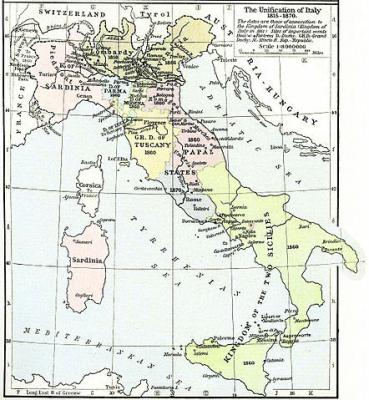

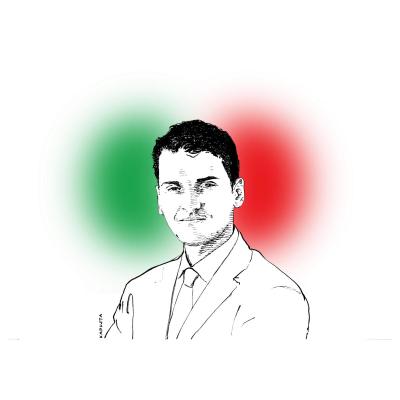
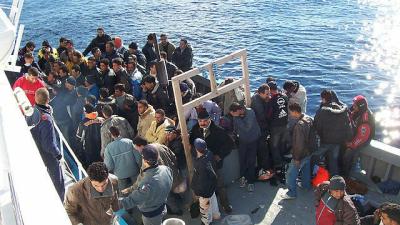

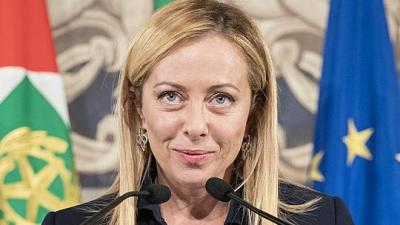



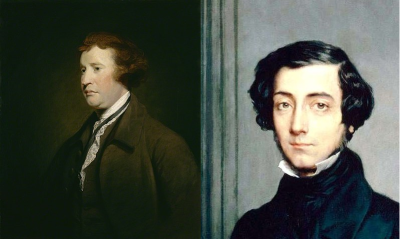

Comments (0)